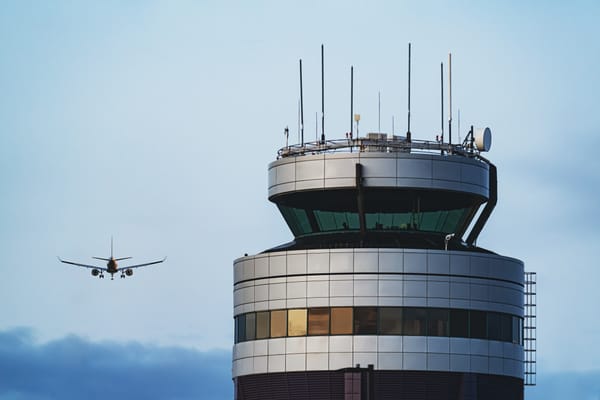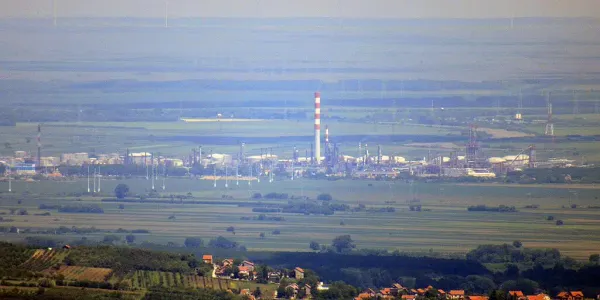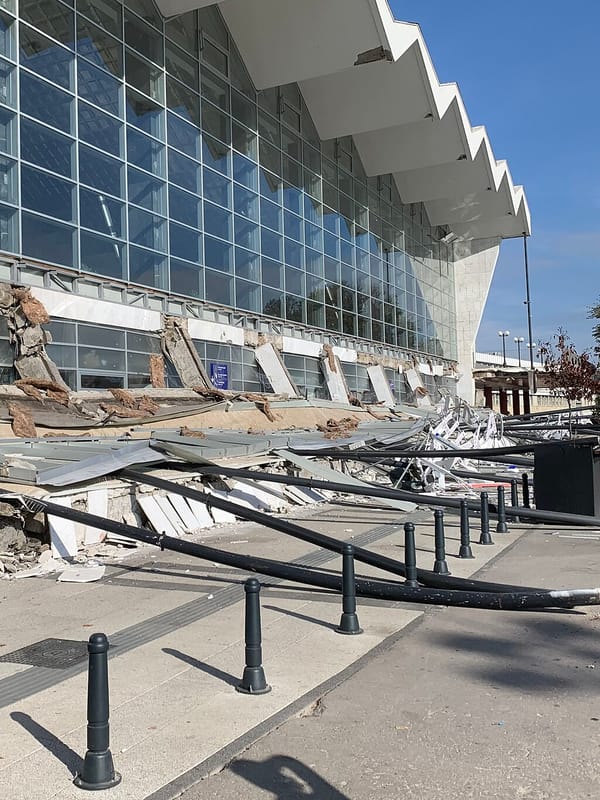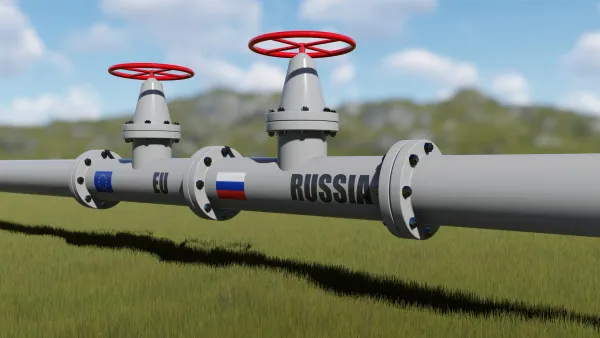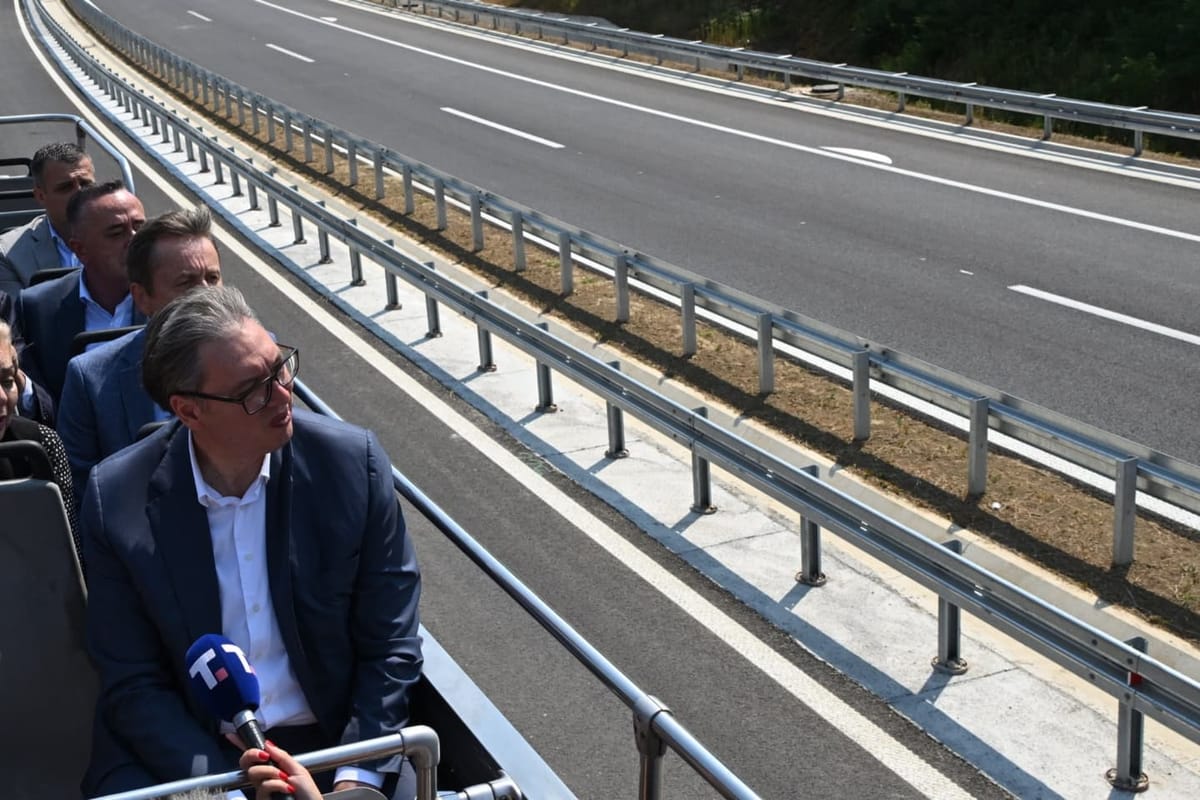
Serbian president rejects calls for early elections, as protests continue
Former Serbian president Boris Tadic accused the Serbian government on Saturday, 5 July, of breaching constitutional obligations by refusing to call early elections amid ongoing mass protests.
Serbian President Aleksandar Vucic said the following day that his government will not call early elections, describing the protests as a “coordinated campaign” aimed at destabilising Serbia and accused unnamed Western governments of interference.
The Russian Foreign Ministry recently said the demonstrations resembled so-called “colour revolutions”, a term Moscow uses to describe Western-backed regime change efforts in Eastern Europe.
Tadic claims constitutional breakdown
Tadic, who served as Serbian president from 2004-12, said the constitutional order had already been “overthrown”, and described the situation as a “state of emergency” declared by citizens. He said elections were legally and politically necessary due to the scale of civil disobedience.
The standoff has exposed institutional weakness in Serbia, where unrest is also tied to investor pressure over lithium extraction and delayed electoral reform.
Under the Serbian Constitution, parliamentary elections must be held every four years. The next election is scheduled by December 2027, but the president may dissolve Parliament and call early elections under specific conditions, including political crises.
Protests intensify across north, central Serbia
Public unrest began in November 2024 following the collapse of canopy of a train station in Novi Sad, north Serbia, which led to a death toll of 16. Demonstrations have since broadened to include broader concerns over democratic governance, judicial independence and press freedom.
Students and civic platforms have organised a series of high-profile road and rail blockades, disrupting transport and daily life. On 5 July, police in Belgrade dismantled barricades and detained dozens of protesters, underscoring escalating tensions between authorities and demonstrators.
Reporters Without Borders ranked Serbia 98th in its 2025 World Press Freedom Index, citing harassment of independent outlets and government pressure on broadcasters. The index was published on 3 April.
Lithium dispute resurfaces
The protests have also revived scrutiny of the Jadar lithium project in west Serbia. Anglo-Australian mining firm Rio Tinto aims to develop one of Europe’s largest lithium deposits, but the project was suspended in 2022 following public backlash.
Protest leaders have described the Jadar site as “a symbol of unaccountable governance” and called for full transparency on all foreign investment deals linked to strategic resources.
Parallel mobilisation
Government supporters have established a counter-camp "Caciland" in Belgrade’s Pionirski Park, drawing participation from nationalist groups and rural unions. The Serbian government said the camp demonstrates “popular support for stability”.
Lawyers in Serbia argue that while the Constitution does not mandate early elections, ongoing public mobilisation and refusal to negotiate could undermine Serbia’s democratic legitimacy.
Serbia is an EU candidate state, but democratic backsliding and unresolved rule-of-law concerns have stalled its accession process. The European Commission (EC) has not yet issued a formal comment on the protests.

